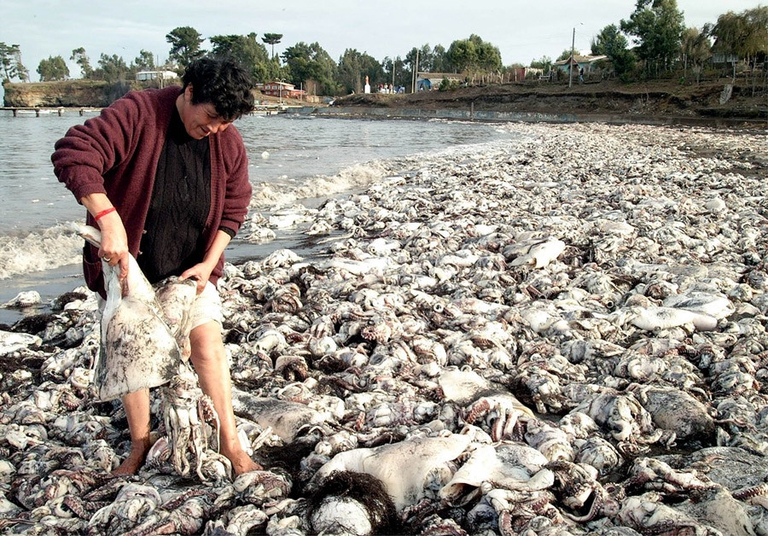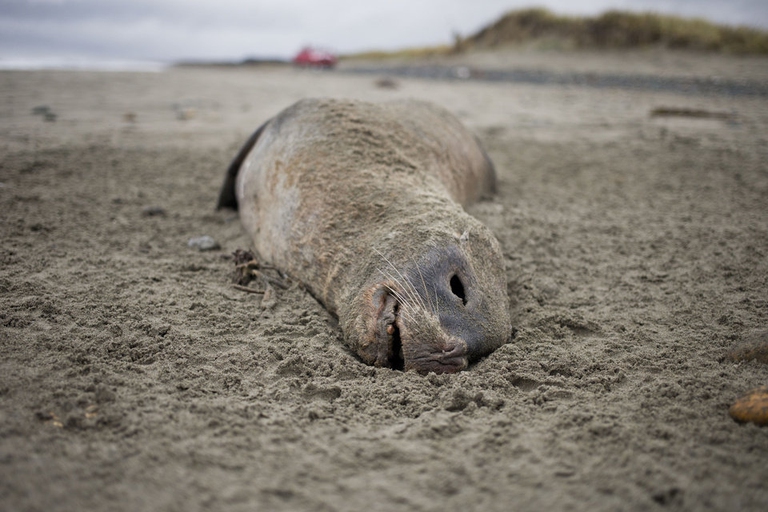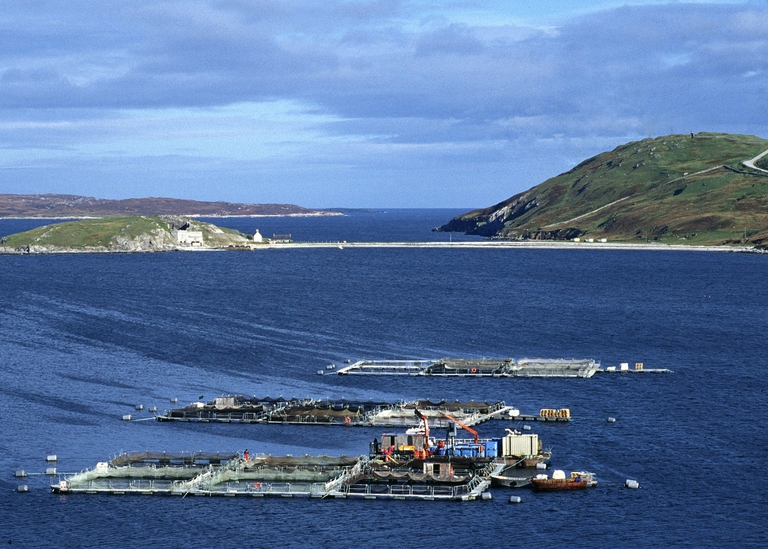
A report by Ember explains that in 2025 electricity generation from renewables (solar, wind and hydropower) surpassed that from fossil fuel sources.
Sea is the cradle of life, but Chilean waters have turned into a grave. Unprecedented red tide is killing millions of marine creatures in the Pacific Ocean, off the coast of Chiloé Island, in Los Lagos region, southern Chile. It is the largest die-off of marine wildlife in the country’s history. What caused the red
Sea is the cradle of life, but Chilean waters have turned into a grave. Unprecedented red tide is killing millions of marine creatures in the Pacific Ocean, off the coast of Chiloé Island, in Los Lagos region, southern Chile. It is the largest die-off of marine wildlife in the country’s history.
The red tide is an algal bloom that turns the seawater red. These algae produce poisonous toxins that – in large quantities – reduce oxygen in water, becoming lethal to marine wildlife.
Among the causes of the unusual algal proliferation is an increase in seawater temperatures combined with El Nino weather pattern. In fact, southern Pacific Ocean registered peaks in temperatures during last summer.
The red tide caused the death of an incredible variety of animal species, including sardines, jellyfish, shellfish, mussels, seals, sea birds and squid, and even altered whales’ migratory routes. In January, the catastrophe onset took place on the shores of the Chilean island of Santa María, with thousands of Humboldt squid (Dosidicus gigas) washed ashore. Ecosystems are perfect yet delicate mechanisms and changes risk threatening their survival. Animals that haven’t been affected directly, but ate other creatures’ carcasses, have been poisoned as well. Even creatures at the top of the food chain, namely humans, have symptoms of poisoning and have been hospitalised.
Beyond ecological damages, the phenomenon is also affecting Chile’s economy. Algae caused the death of over 20 million salmons, casing huge losses to the country, which is the world’s second producer after Norway.
Scientists say the phenomenon is caused by several concurrent factors, including the salmon industry. It would be responsible for the dumping of dead fish and nitrogenous substances that, by accumulating, favour the blooming of toxic algae. Fishermen took to the streets in Chiloé over the past few days to protest against salmon multinationals.
Siamo anche su WhatsApp. Segui il canale ufficiale LifeGate per restare aggiornata, aggiornato sulle ultime notizie e sulle nostre attività.
![]()
Quest'opera è distribuita con Licenza Creative Commons Attribuzione - Non commerciale - Non opere derivate 4.0 Internazionale.
A report by Ember explains that in 2025 electricity generation from renewables (solar, wind and hydropower) surpassed that from fossil fuel sources.
The Tyler Prize, considered the “Nobel Prize for the Environment,” has been awarded to Toby Kiers, an American biologist working in Amsterdam.
Belgium is one of the countries most exposed to climate change. Dune–dikes are a solution to curb sea-level rise.
Between October 2024 and September 2025, the average temperature in the Arctic was 1.6 degrees Celsius higher than during the 1991–2020 period.
Undeclared conflicts of interest, paid authors, lack of transparency: one of the most cited studies on glyphosate, published in 2000, has been retracted.
The Copernicus service has released data for the first eleven months of 2025: global warming is set to come close to last year’s record.
The European Council and Parliament have reached an agreement on the European Commission’s proposal to deregulate new GMOs. But farming, organic agriculture, and environmental organizations are calling for it to be stopped.
The world’s second-largest producer has taken a historic decision. However, farms will have until 2034 to shut down.
A Greenpeace report denounces Russia’s political and economic model: a nexus of extractivism, authoritarianism and war that is destroying the environment, with serious repercussions for the global ecosystem.










